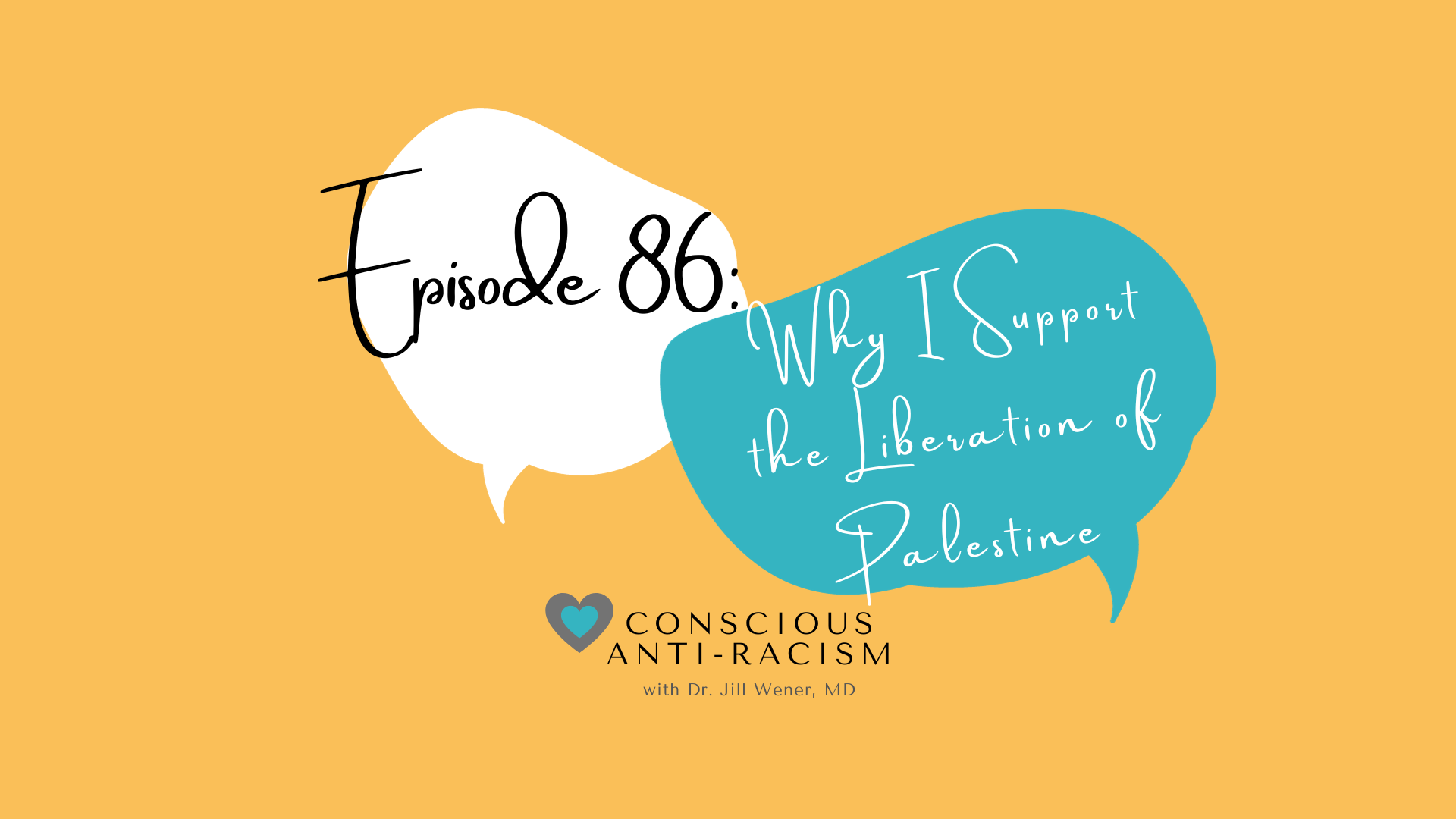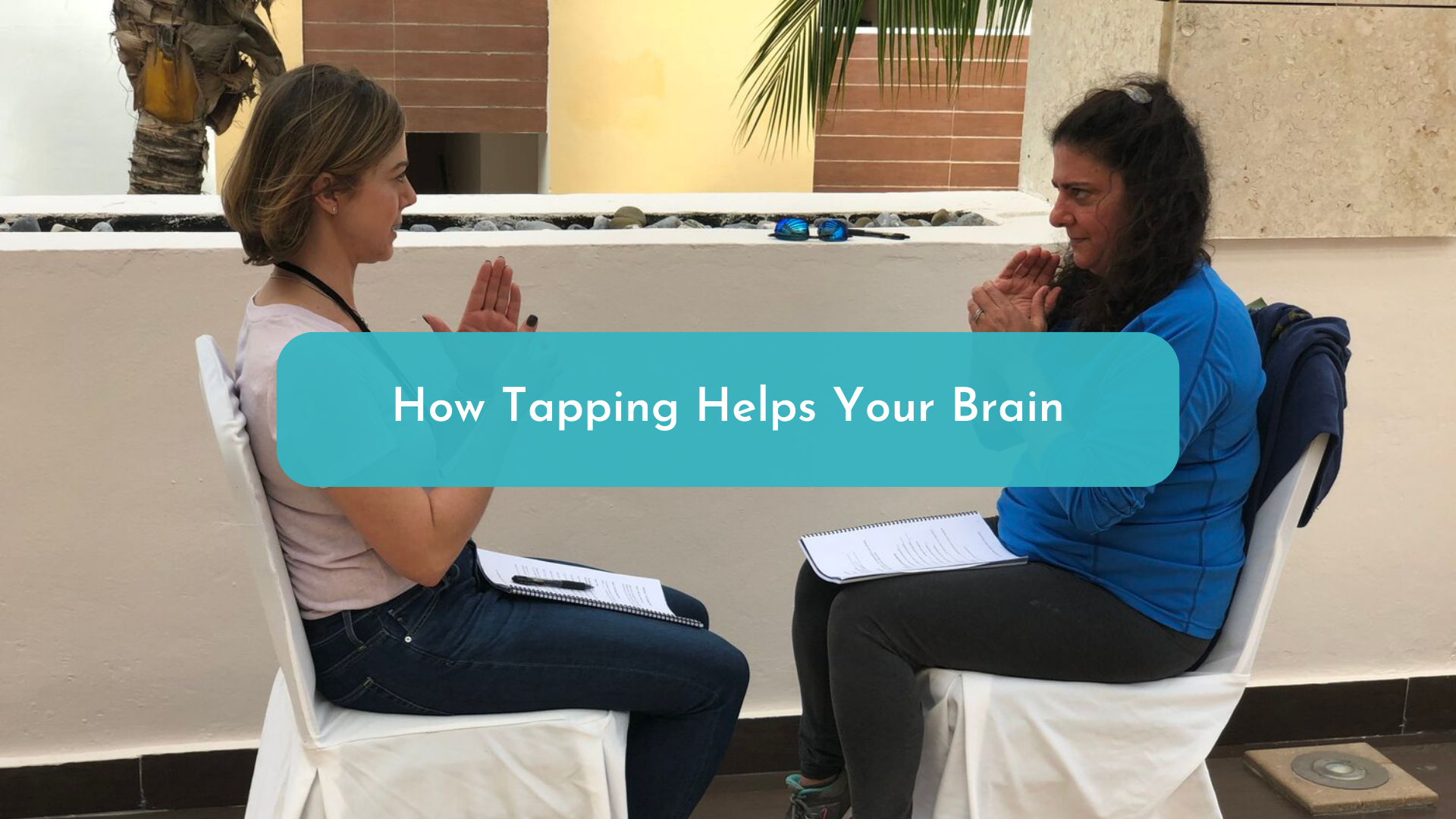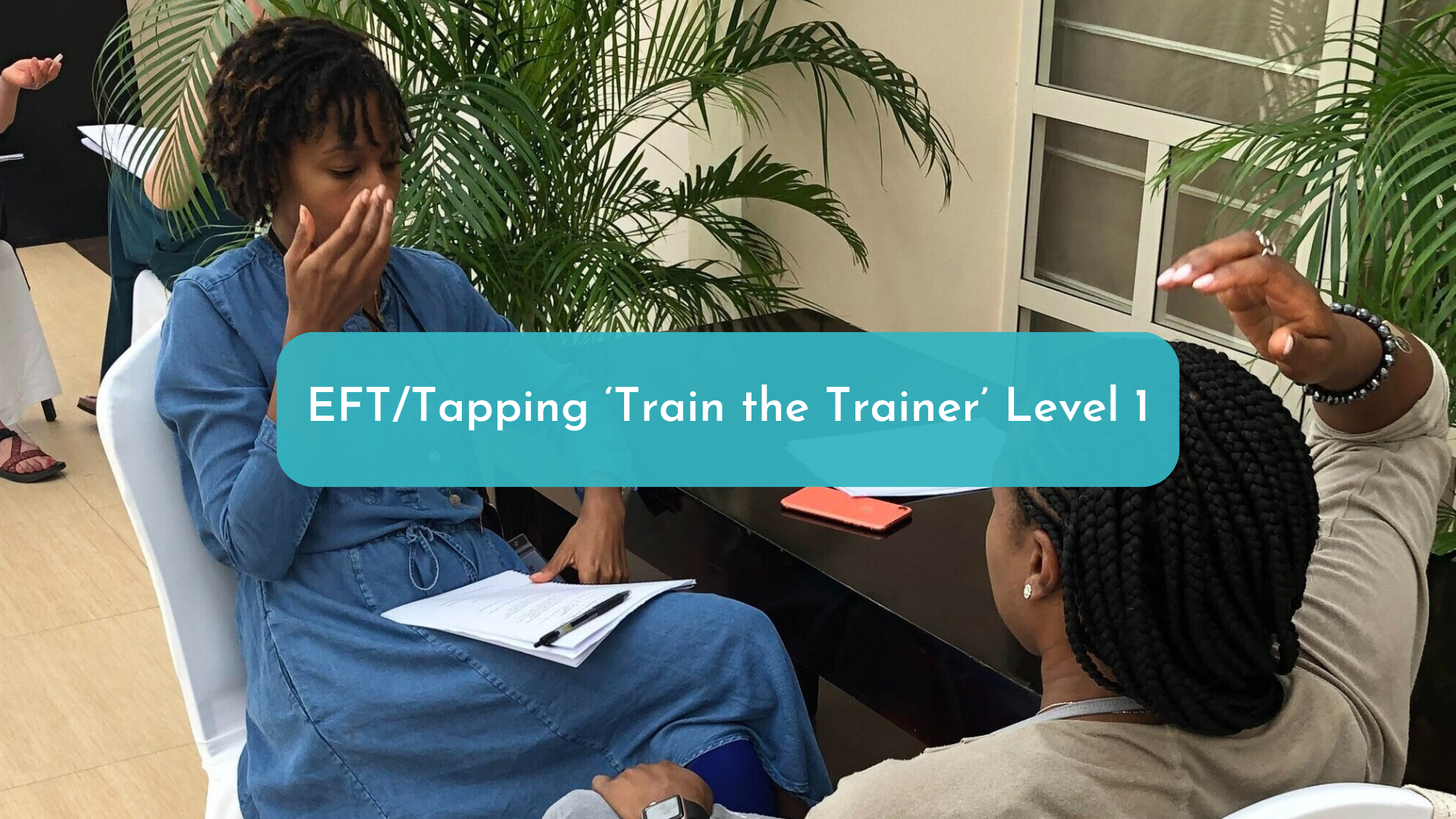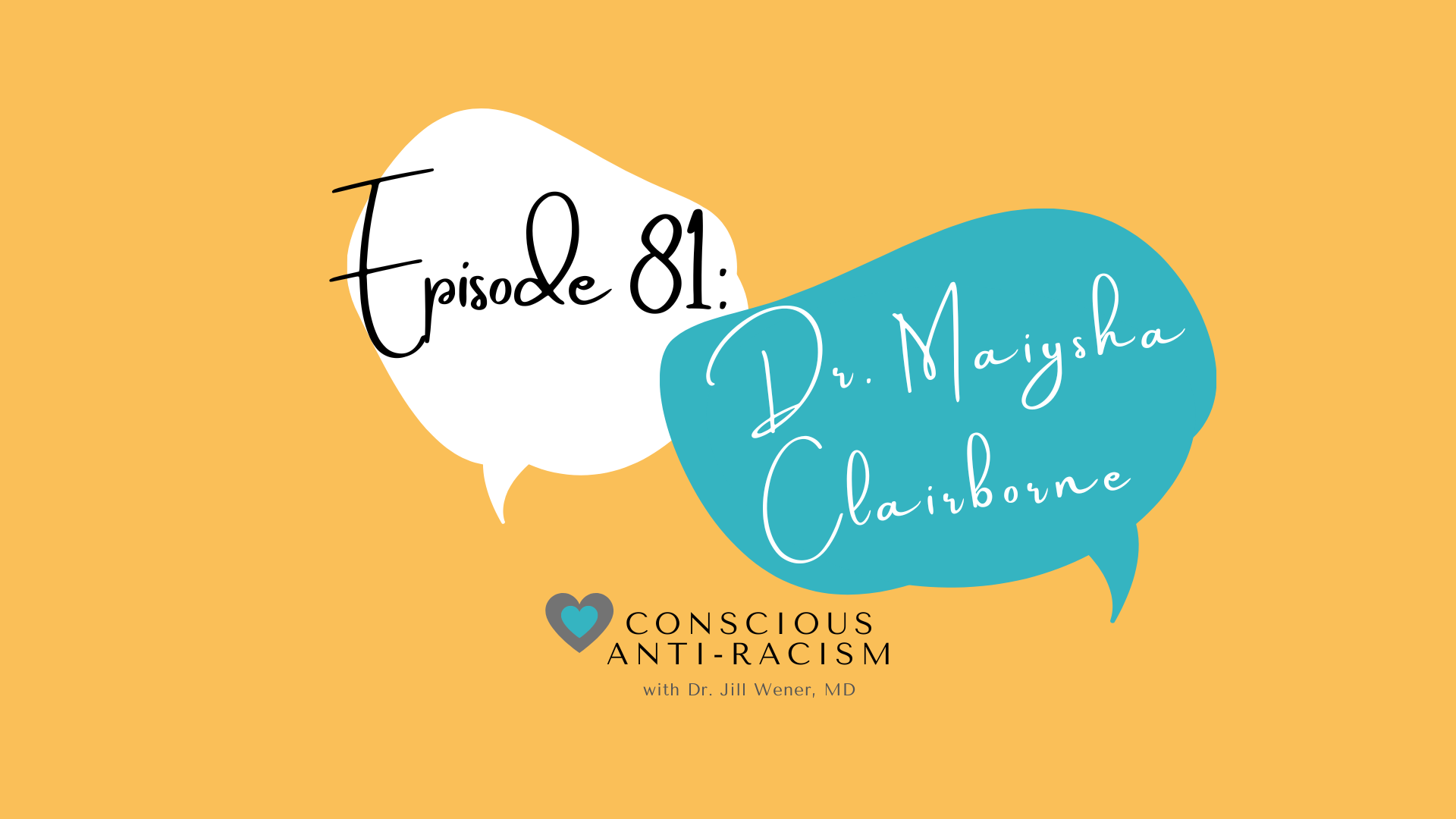
Blog

Why I Support the Liberation of Palestine
In this episode, Jill shares her own difficult journey as a white Jewish woman to oppose the Israeli apartheid occupation of Palestine and support liberation of Palestine.


Relational Neuroscience And Self-Compassion With Sarah Peyton
In this episode, Jill interviews Sarah Peyton, a neuroscience educator whose book, The Antiracist Heart: A Self-Compassion and Activism Handbook, has recently been released. They discuss the importance of grounded care and acknowledgment of everyone's experience, combined with a fierce invitation to participate and change.

Racism And Oppression In Education With Nadia Bennett
In this episode, Jill interviews Nadia Bennett, founder of an education consulting firm that leads the way for schools to become anti-racist learning environments through culturally-relevant leadership development and mentorship.

What Are The Basics Of EFT/Tapping?
Tapping is an evidence-based stress reduction technique that can also help with trauma. We tap on different parts of our face and our chest that correspond to some of the areas used in acupuncture and traditional Chinese medicine- where they would put needles- but instead of using needles, we use acupressure or tapping. As we're tapping and saying the thing out loud that's distressing us, it sends calming signals to the stress center of our brain, and it allows our brain to rewire the way it processes things that were previously stressful.

Nonviolent Approaches To Communication with Dr. Roxy Manning
In this episode, Jill interviews Dr. Roxy Manning, a Ph.D. is a clinical psychologist, certified Center for Nonviolent Communication (CNVC) trainer and author of her new book ‘How to Have AntiRacist Conversations’.

How Tapping Helps Your Brain
EFT/tapping (also called the Emotional Freedom Technique) is an evidence-based stress reduction modality that can be used for PTSD and trauma, phobias, uncomfortable emotions, processing breakups, relationships, grief, anxiety, depression, and anything else perceived as stressful.

Online Communication And Our Responses To Racism with Dr. Rob Eschmann
In this episode, Jill interviews Dr. Rob Eschmann, a distinguished writer, educator, filmmaker, and scholar. They talked about the impact of technology and online communication on our understanding and responses to racism.

Don’t Bypass Negative Emotions - Learn EFT/Tapping
The tapping technique allows us to process whatever we’re feeling, and then perhaps let it go or learn something from it. When we don't process it, when we don't sit with it and deal with it, then our negative emotions can hang around all the time. That may lead to always feeling sad (or angry, or ashamed) and spending that emotional energy in ways that we could spend it otherwise (rest, connection, joy).

What Is Neuro-linguistic Programming? With Dr. Maiysha Clairborne
In this episode, Jill interviews Dr. Maiysha Clairborne, Master Coach and Trainer of Neurolinguistic Programming and the co-author of Conscious Anti-Racism: Tools for Self-Discovery, Accountability and Meaningful Change.
